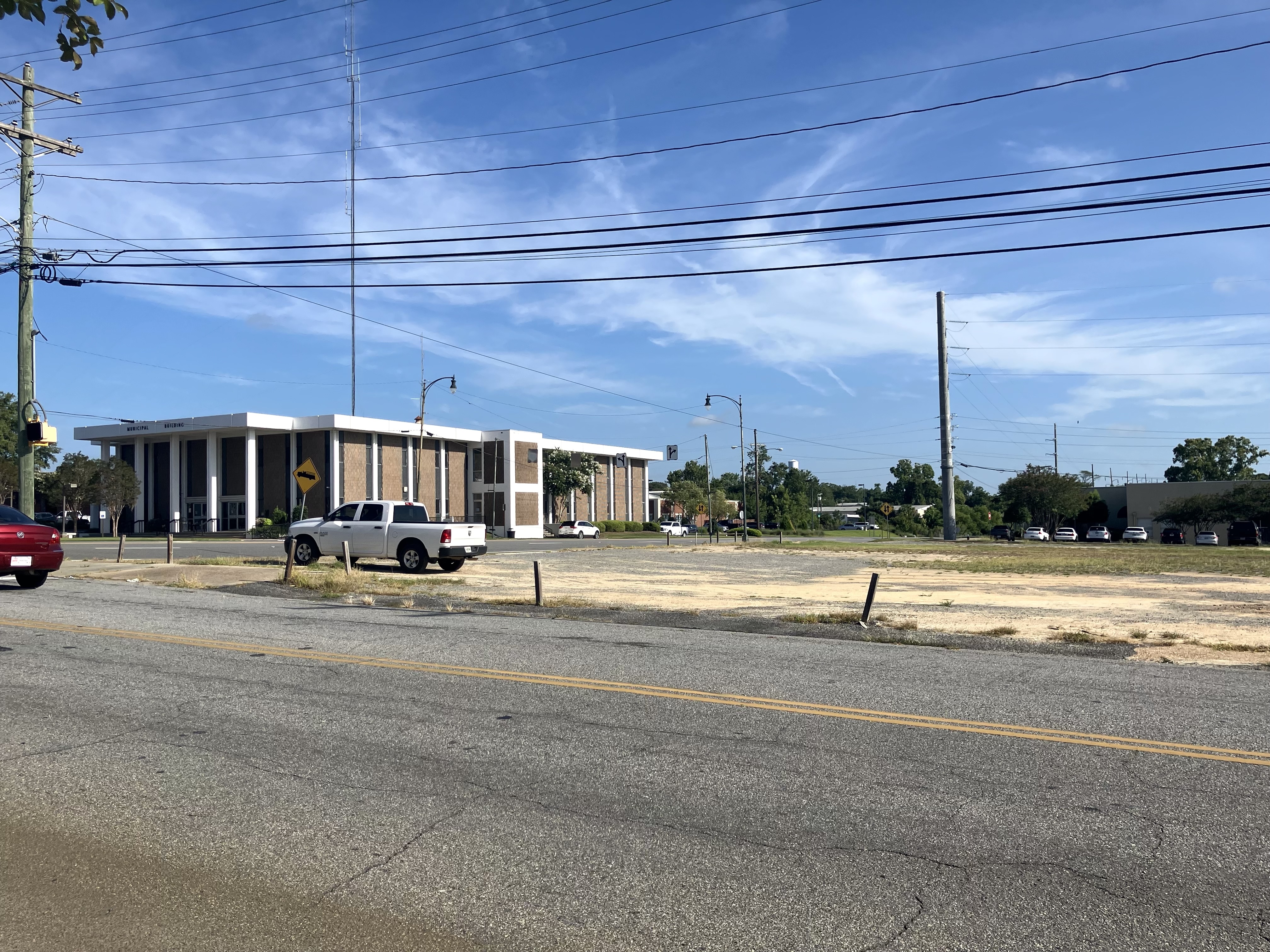Georgia task force confronts opioid crisis
Published 9:09 pm Wednesday, October 4, 2017
Editor’s Note: This article has been corrected from its original version.
ATLANTA – The Georgia Bureau of Investigation is expanding its morgue, due at least partly to a backlog caused by the rising number of drug overdoses.
Trending
CVS has donated about 20 drop boxes in Georgia for unneeded prescription drugs before children, or others, find them in the medicine cabinet.
The state Department of Public Health is in the beginning stages of crafting a comprehensive strategic plan that will chart the state’s path forward in combating the opioid crisis.
Dozens of state agencies, advocacy groups, nonprofits and companies are taking steps such as these in response to an alarming rise in opioid overdoses in Georgia.
And that’s why state Attorney General Chris Carr summoned their representatives to a conference room at Atlanta Technical College on Wednesday, where the first meeting of a new statewide opioid task force was held.
“No more deaths. No more funerals. No more tears. No more heartbreak,” Carr said of the task force’s mission.
The state attorney general announced last week that he was creating the task force to pull together groups that tend to work independently. Addressing the growing crisis, he said, will require a unified approach.
Trending
“Please stay. Please talk. Please get to know one another, if you don’t already,” Carr said to the group during the meeting.
More than 30 speakers, representing groups ranging from insurance companies to state agencies and nonprofits, briefly described their efforts to tamp down the abuse or to help people receive addiction services.
Several of them talked about their organization’s efforts to implement or adapt to legislation that passed earlier this year, such as new requirements for the state’s prescription drug monitoring program.
Wednesday’s meeting also provided a glimpse of next year’s legislative session, which starts in January.
Sen. Renee Unterman, R-Buford, who chairs the Senate Health and Human Services Committee, said a legislative package was in the works, as is a push for more funding for treatment services.
“The system of care is not supporting the issue of the epidemic, and we need to ramp that up,” she said.
Rep. Beth Beskin, R-Atlanta, said legislative fixes that should be considered include limiting pain prescriptions written for minors and requiring veterinarians to use the state’s prescription drug monitoring program.
“It’s the elephant in the room,” Rep. Terry Rogers, R-Clarkesville, said of the opioid crisis. “It’s right in front of us. It’s a huge problem, but nobody wants to talk about it or nobody wants to admit it.
“It crosses every demographic group there is. It’s not a rural problem, an urban problem. It’s not a Georgia problem. It’s a United States problem,” he added. “The way that you solve it is to get good people together and to talk about it and to get the elephant out of the room.”





